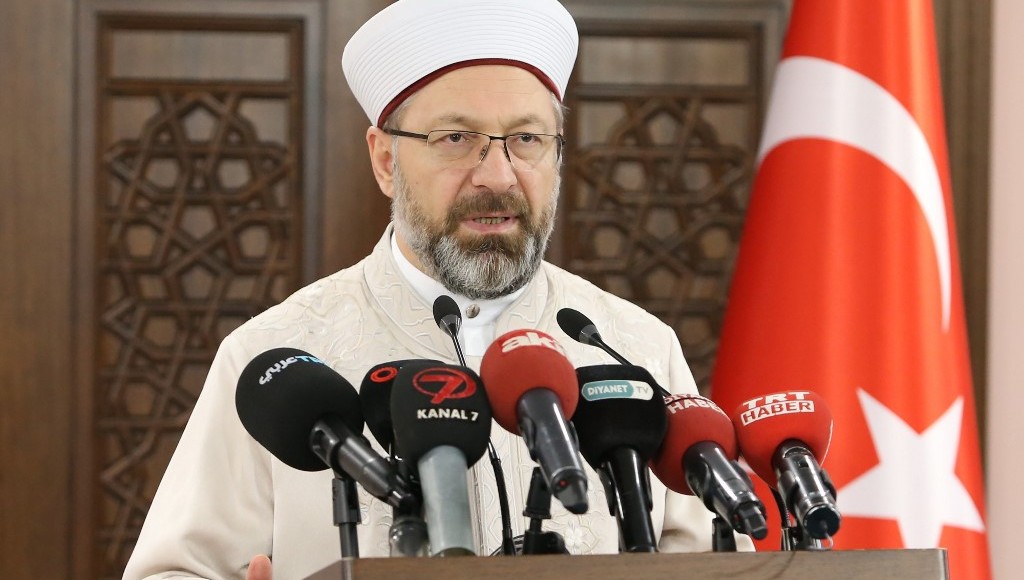President of Turkey’s Religious Affairs Directorate (Diyanet) Ali Erbaş has called for a new legal framework for social media use, saying the establishment of such a mechanism is a nondeferrable obligation, the Stockholm Center for Freedom reported, citing the Artı Gerçek website.
Erbaş’s call came amid discussions on a new government body that would inspect social media posts for disinformation.
Social media is an important tool for cultural transformation, and the changes that come with it have brought great opportunities as well as serious risks, Erbaş said in an online meeting.
Last week Turkish media reported that the “Social Media Directorate” will be established under a new law to be proposed in October by the ruling Justice and Development Party (AKP).
The new directorate will operate under Turkey’s Telecommunications Authority (BTK) and identify users who produce or disseminate fake news online so they can be punished.
The AKP government has been relentless in its crackdown on critical media outlets, particularly after a coup attempt on July 15, 2016.
As an overwhelming majority of the country’s mainstream media has come under government control over the last decade, Turks have taken to social media and smaller online news outlets for critical voices and independent news.
In July 2020 parliament passed legislation at President Recep Tayyip Erdoğan’s request imposing far-reaching restrictions on social media platforms with over 1 million daily visitors in Turkey.
The law, which stipulated progressive sanctions forcing the platforms to appoint a representative in Turkey with whom the Turkish authorities can resolve problems arising from cases of insult, intimidation and violation of privacy, was widely criticized by human rights defenders and critics including Amnesty International, Human Rights Watch, Reporters Without Borders and the UN.

